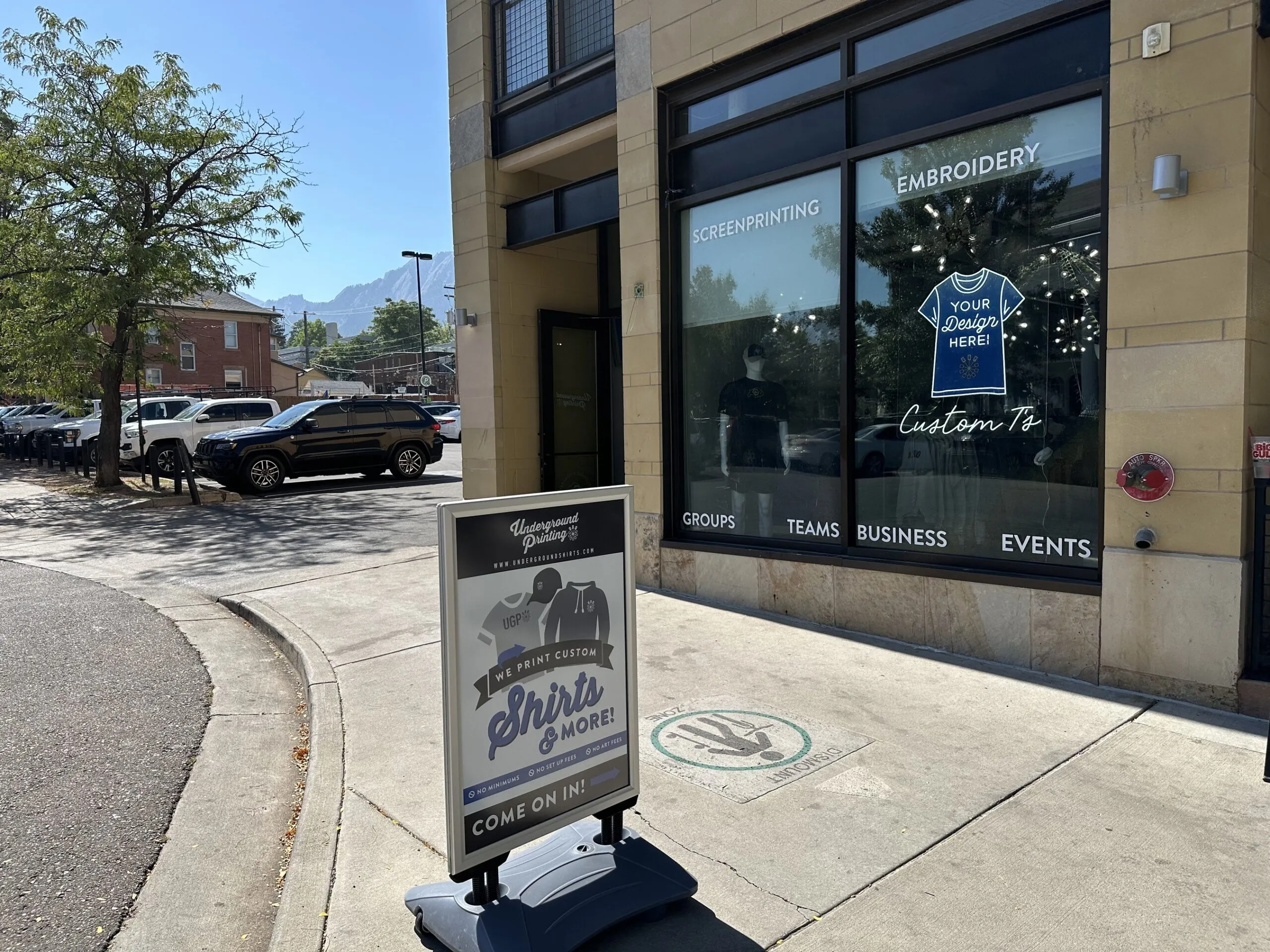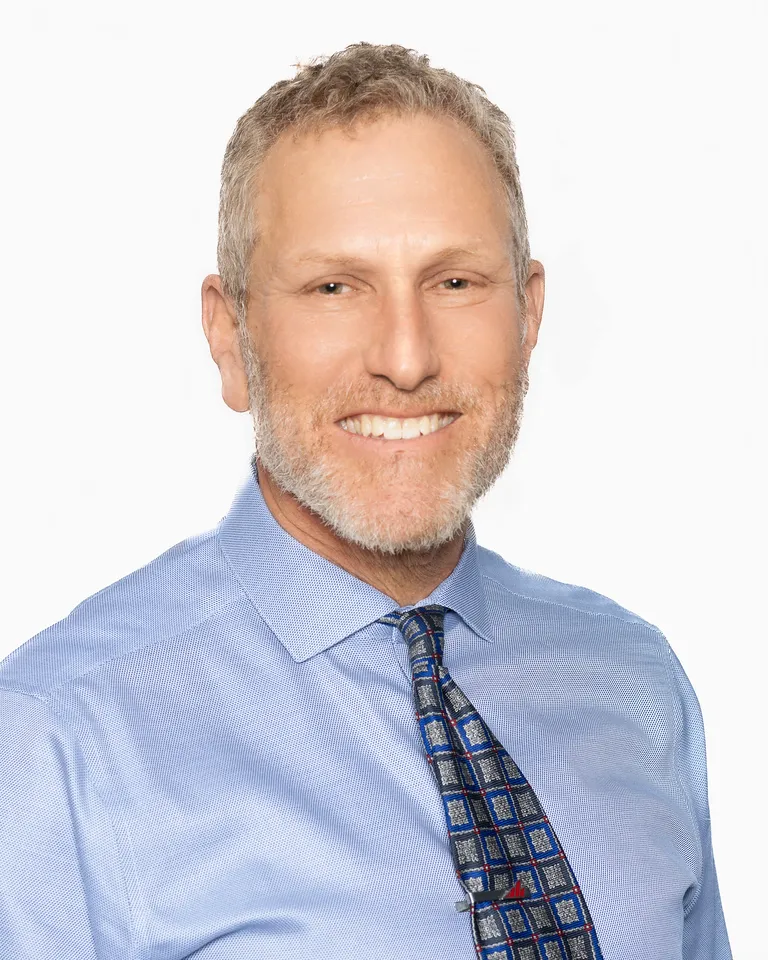Tayer: Devolve to evolve: A recipe for local solutions to local challenges
It was a pleasure to welcome our new city council to the governing dais the other day, calling for renewed collaborative action with the Boulder Chamber to address our community’s greatest challenges and secure our most exciting opportunities. As I said, the Boulder Chamber shares their passion and commitment to public service “and looks forward to partnering with [them] in our mission of ‘Building Community Through Business.’” This wasn’t an idle promise, but a sincere call for partnership in a devolution for the evolution of our community.
City and county agencies and organizations are on the…
THIS ARTICLE IS FOR SUBSCRIBERS ONLY
Continue reading for less than $3 per week!
Get a month of award-winning local business news, trends and insights
Access award-winning content today!





